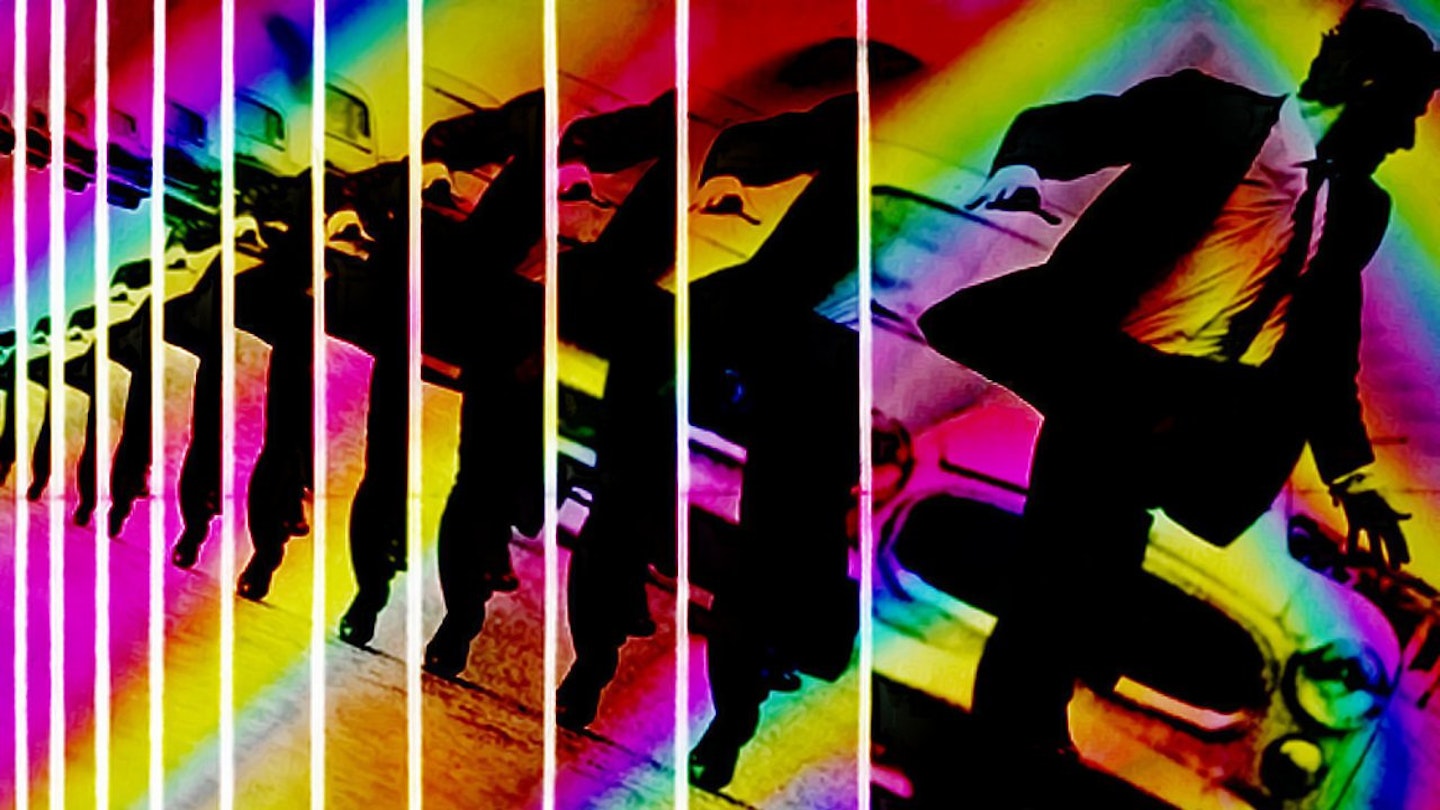As a Greek exile, whose father had been persecuted by the authorities, Costa-Gavras was determined to film Vassili Vassilikos's fictionalised account of the events that followed the assassination of liberal pacifist Gregorios Lambrakis at a demonstration against the installation of Polaris missiles on 22 May 1963. Keen to avoid a scandal, the right-wing Karamanlis government had appointed Judge Christos Sartzetakis to conduct an inquiry and it was soon clear that the Establishment had colluded in the conspiracy to remove Lambrakis before upcoming elections, lest he blocked the flow of bribes and armaments coming into Greece.
Although the murderers were tried in October 1966, the military coup of 21 April 1967 saw the restoration of officials dismissed in the affair and the torture and disbarrment of Judge Sartzetakis. However, Lambrakis's followers continued to use the letter Z (meaning `he lives') as a symbol of protest and Vassilikos adopted it for the title of his book.
Unable to raise funds in France, as the subject was deemed too political, Costa-Gavras and producer Jacques Perrin eventually struck a deal with Algerian backers and decided to shoot the film in accordance with its subtitle, `The Anatomy of a Political Assassination'. Ditching supposition surrounding the case, such as the involvement of the CIA, Costa-Gavras stuck to proven facts so that the picture could not be accused of being propagandist.
However, there were those who denounced Z for lacking nuance, while others claimed that its unprecedented Oscar success was the result of it tapping into the cosy communal outrage that had followed the killings of the Kennedy brothers and Martin Luther King. There's no question that Costa-Gavras used the rapid cross-cutting between zooms, tracking shots and handheld footage to pitch the viewer into the heart of his thesis. But Raoul Coutard's photography and Françoise Bonnot's Oscar-winning editing were outstanding and exerted a considerable influence on the style of the political thrillers that liberal Hollywood produced during the Watergate era.
Banned by right-wing regimes worldwide, Z was finally released in Greece, to huge acclaim, following the fall of the Generals in 1974.
